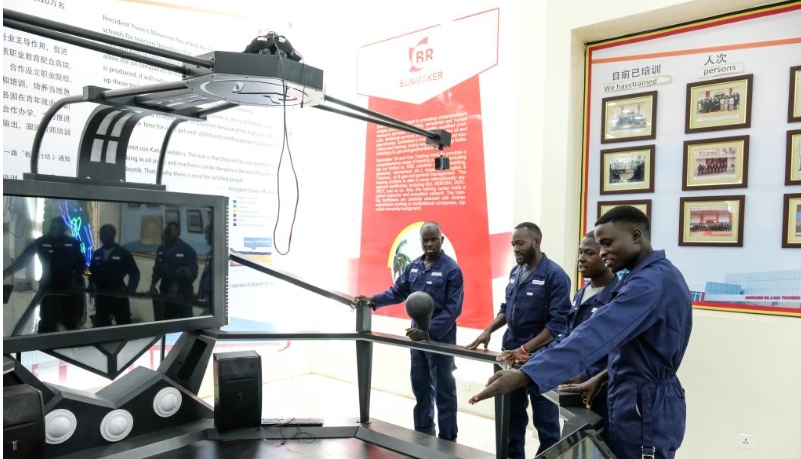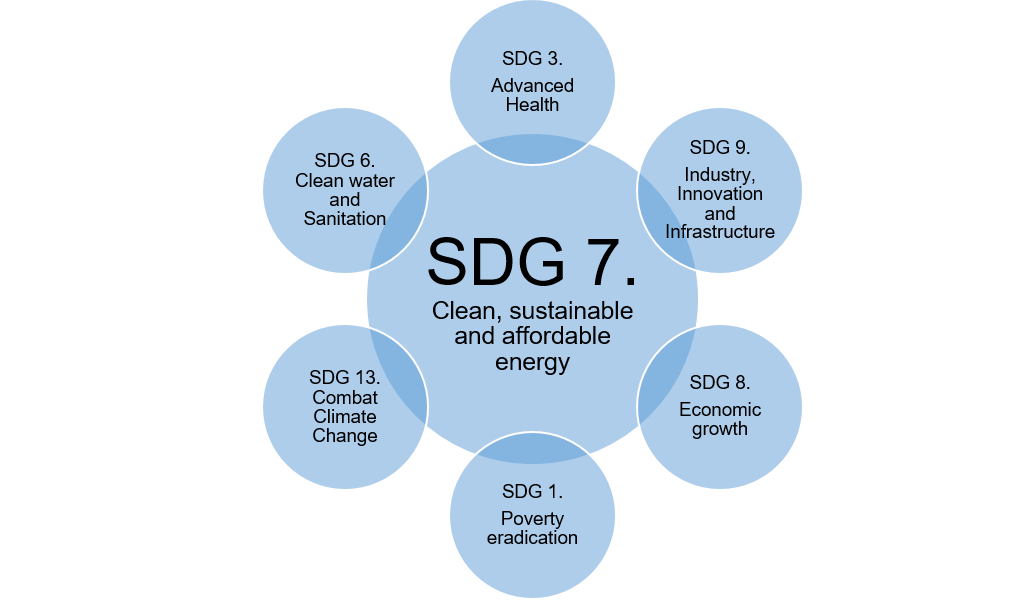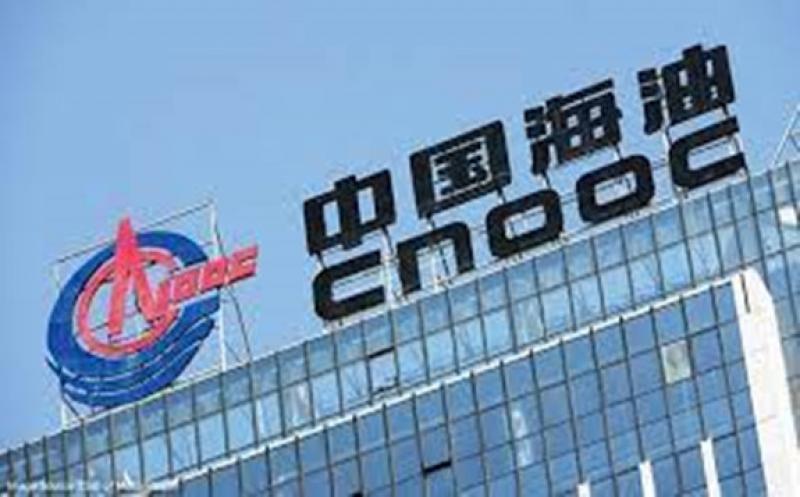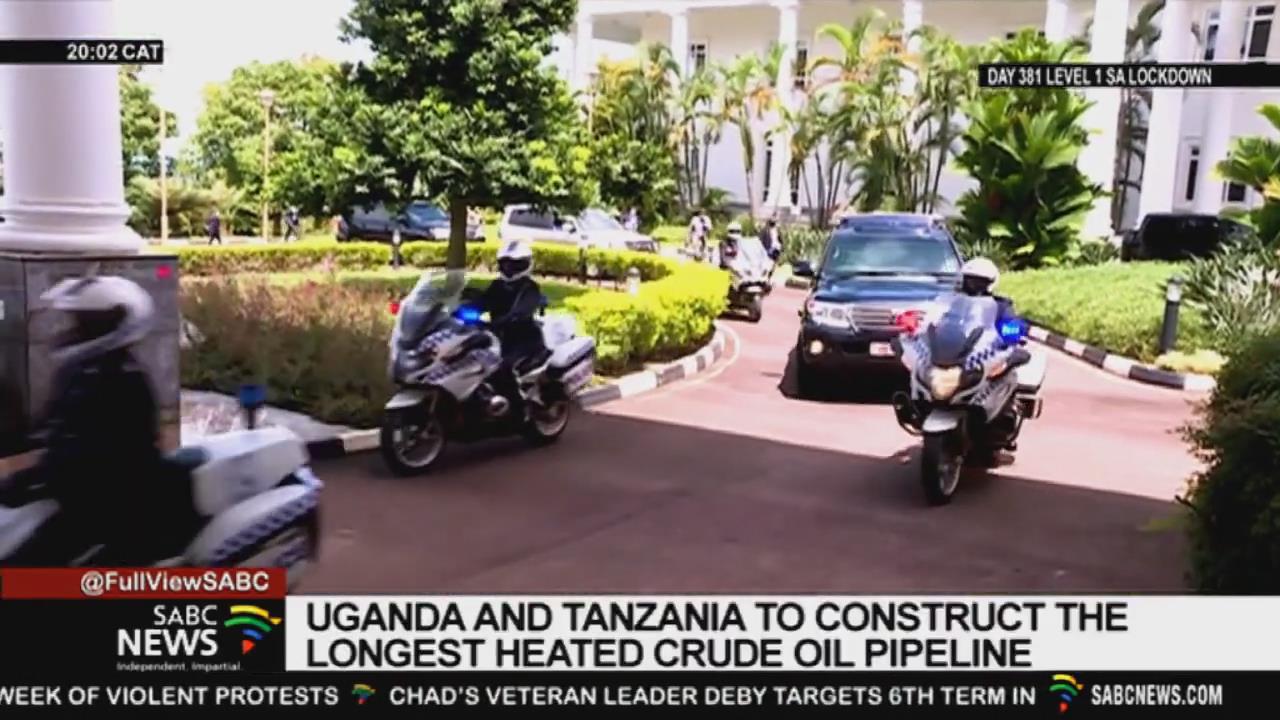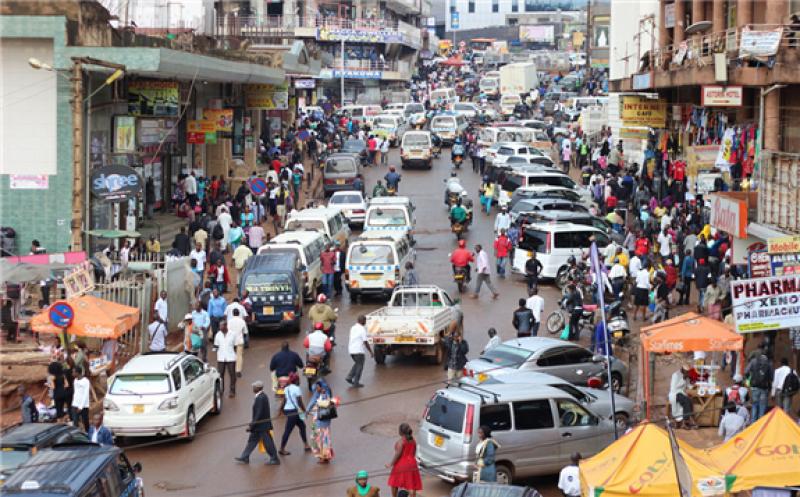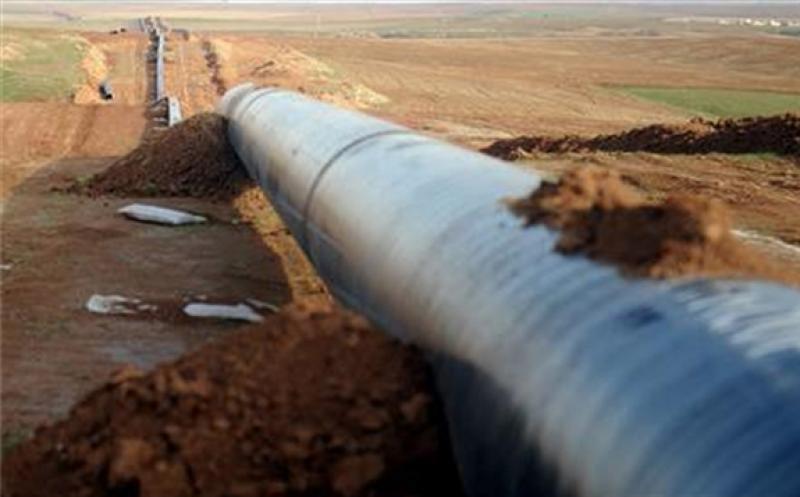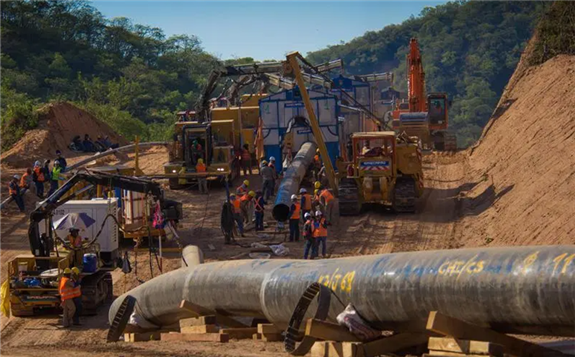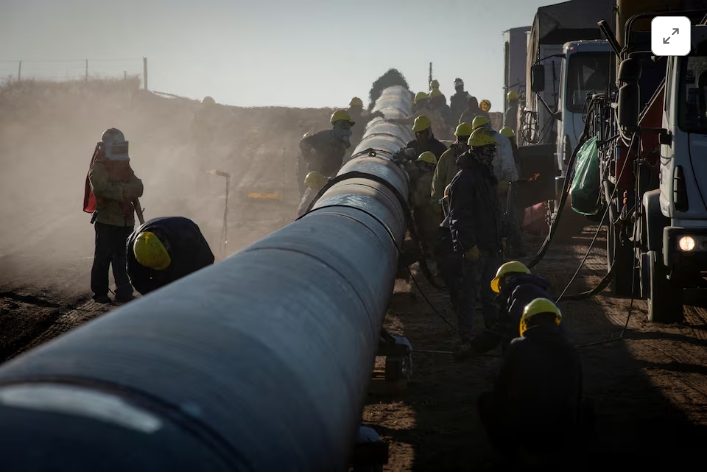
A preliminary proposal on the pipeline shift has failed to gain traction with Bolivia, according to executives and sources, leaving Brazil increasingly exposed to volatile prices of liquefied natural gas (LNG).
Brazil has made clear in recent months that gas from Argentina, which has the world's second largest shale gas reserves, will be needed to balance supplies. Exports from Bolivia, which once was a prominent producer in the region, have declined rapidly and may not be available after 2029, say experts.
The fastest and cheapest option to address the regional shortfall may be to export gas from Argentina's Vaca Muerta shale formation by reversing a network of Bolivian pipelines that has brought gas south.
But Argentina's government under new President Javier Milei must first complete key transport projects to bring its gas to the border with Bolivia and build the commercial framework needed for negotiating tariffs, according to executives and experts involved in the talks.
Bolivia's government and state company YPFB in recent months rejected an initial proposal by Argentina and Brazil to pay a tolling fee for the passage of Argentina's gas across its territory, three executives from the companies involved said.
The Andean nation has proposed that it import Argentine gas and resell it to companies in Brazil, they added. That plan was rejected by the counterparties as it would lead to significantly higher import costs for Brazil.
"It's a commercial problem," said Mauricio Tolmasquim, chief energy transition officer at Brazil's state-controlled oil company Petrobras (PETR4.SA), opens new tab, one of the largest receivers of Bolivia's gas.
